Our Focus Areas

Our sustainability initiatives fall into four broad areas of work – Climate and the Environment, Community and Volunteerism, Doing Right by Our People, and Buying Responsibly.
Climate and the Environment
At RWS, we are guided by our vision to achieve carbon neutrality by 2030. As an integrated resort with a variety of offerings, we have to monitor and drive progress in key areas such as reduction in energy consumption, water use, and waste generated, in close partnership with our various business units and external stakeholders.
Powered by Renewable Energy
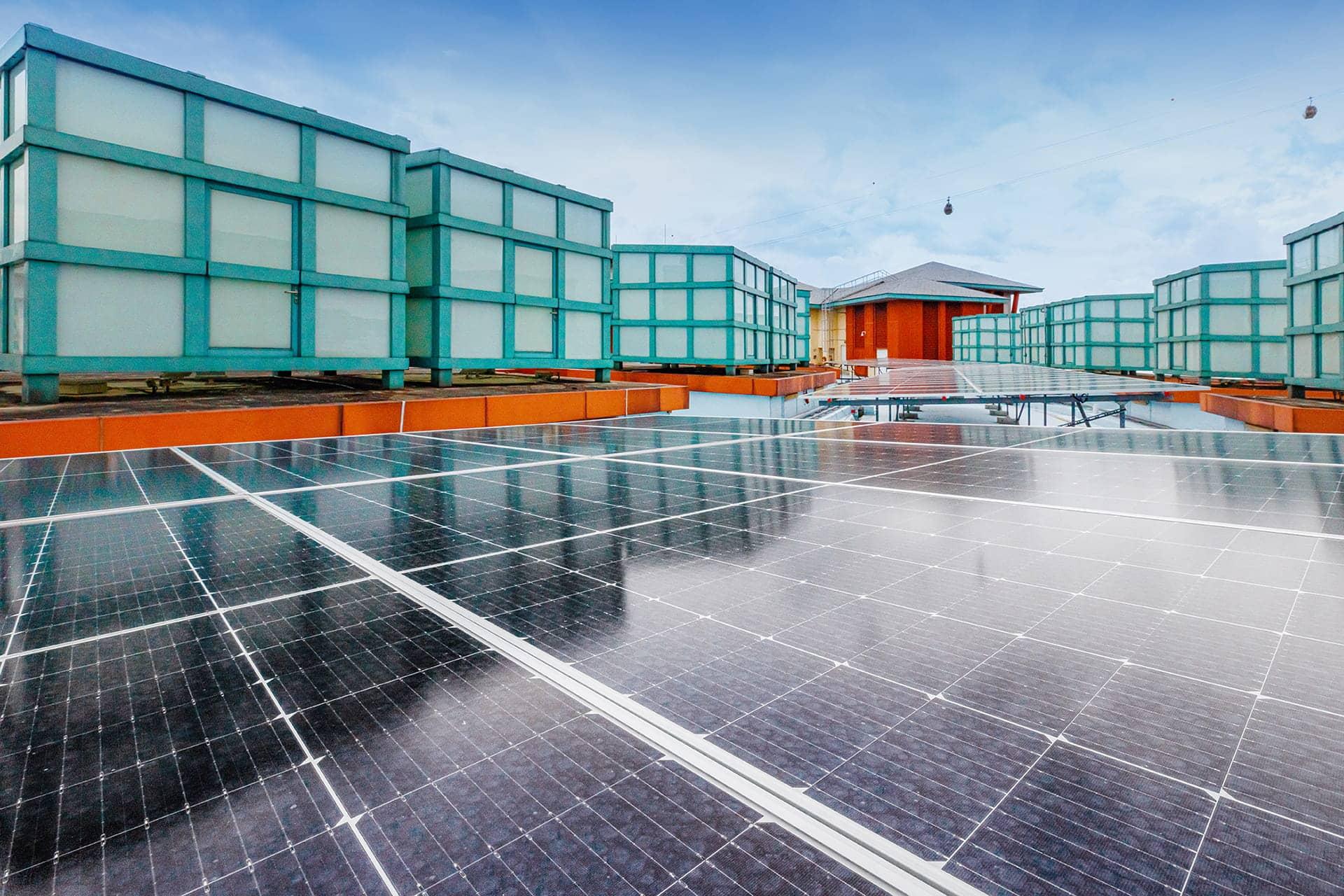
At RWS, we’re making the most of our position as an island resort by harnessing the power of the sun and waves that surround us. To achieve this, we've installed solar panels on the rooftops of our resort, including buildings within our Universal Studios Singapore and our hotels – we’re home to one of the largest solar panel networks in Singapore!
Five Water Taps
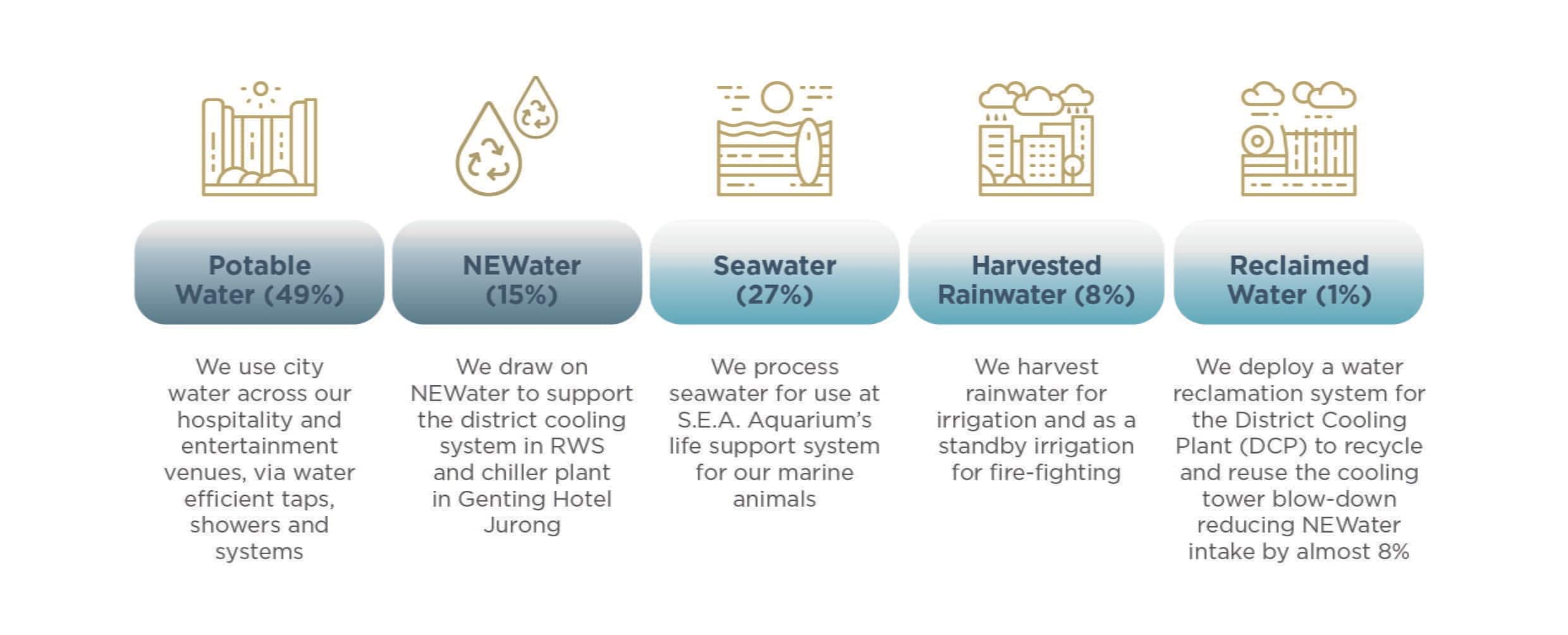
Many businesses still rely primarily on potable water from the Public Utilities Board (PUB), in part due to many regulatory, technological, and monetary challenges such as the costs of purifying water for potable use. At RWS we’ve taken a slightly different approach of developing our own water sources. We have been able to successfully diversify our water sources, with four alternative sources supplying with 51 % of our overall water consumption in the resort. These four alternative sources of water supply are seawater (27%), NEWater (15%), rainwater (8%) and reclaimed water (1%).
Preserving Our Backyard
Beyond our work in the S.E.A. Aquarium, RWS sits next to one of Singapore’s most surprising yet little-known pockets of natural heritage, an extensive and well-preserved 2.9 hectare coastal forest which we regularly survey and protect. In the latest survey by Nature Society completed in 2022, a total of 93 plant species were recorded in the RWS forest, of which 32 of them or more than one-third are designated as threatened. The unusually high proportion of threatened species in the forest shows that the RWS forest is an important refuge not only for these rare species, but for all the plants and animals that call it home.
Community and Volunteerism
The pandemic has brought to the surface more emerging social issues, and local communities in Singapore are will be impacted, be it through rising costs of living or job insecurity due to changing demand in the job market. As one of Singapore’s largest employers, we have an ethical and social responsibility to support our local communities. Read more about our social impact at RWS Cares.
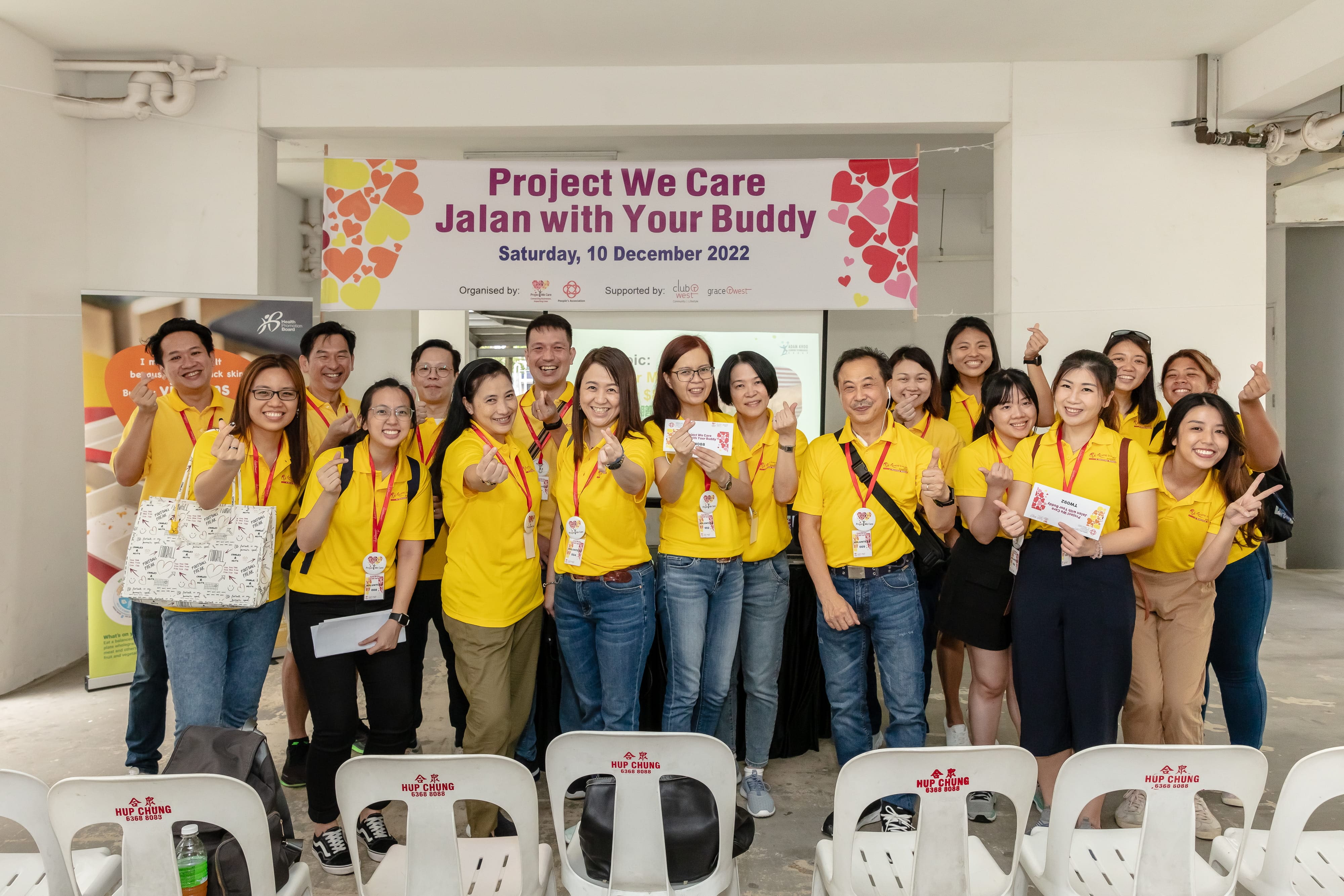
Doing Right by People
Our team members are our greatest asset. RWS provides equal opportunities for all regardless of gender, race, religion, and age. We are guided by our Diversity and Inclusion Policy, which sets out our commitment to promoting workforce diversity.
Genting Singapore (of which RWS is part of) has been listed on the Bloomberg Gender-Equality Index since 2021, reflecting our dedication in championing inclusive hiring and transparency in gender-data reporting. Companies included in the index are recognised for their performance in five areas: Female leadership and talent pipeline, equal pay and gender pay parity, inclusive culture, sexual harassment policies and pro-women brand.
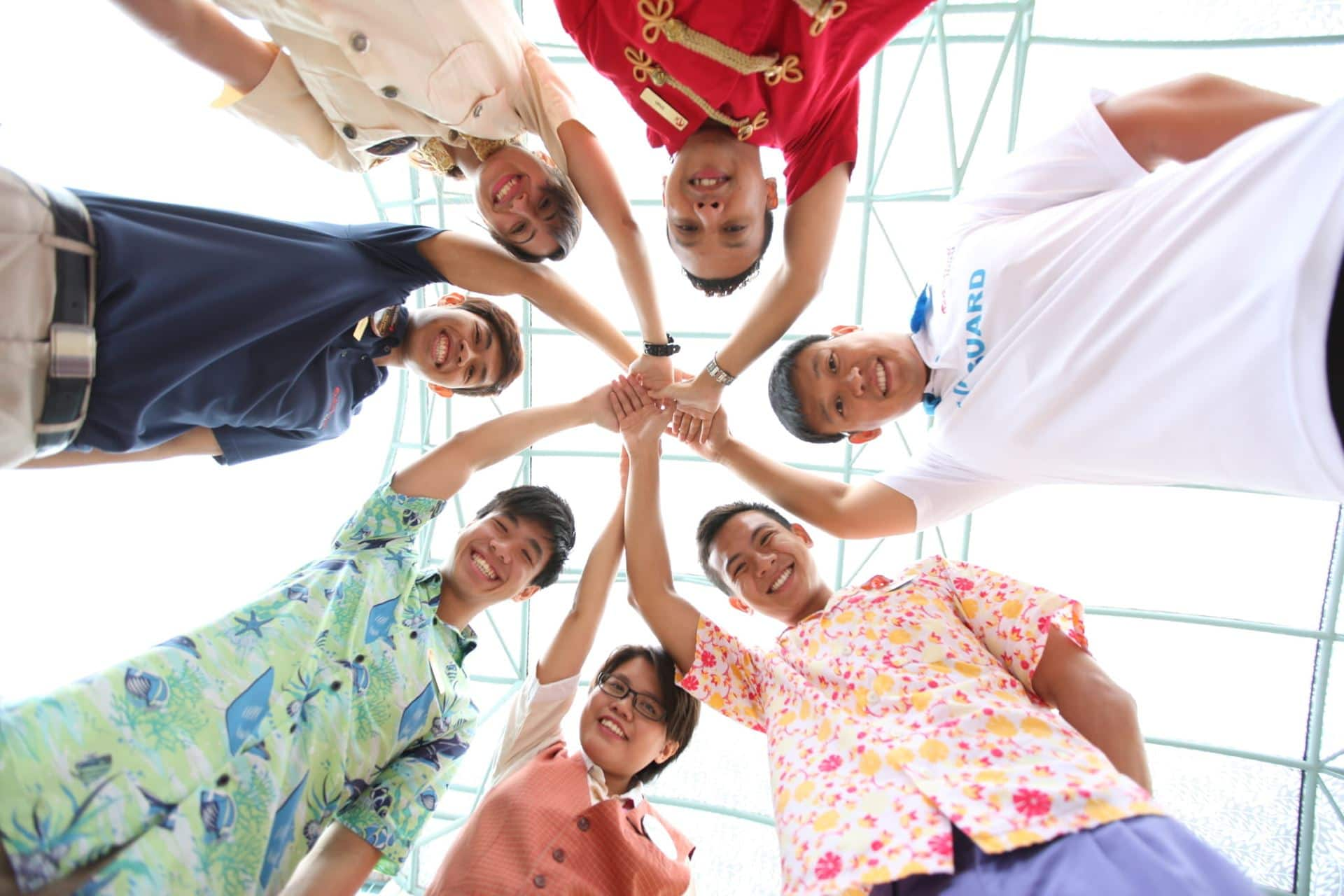
Buying Responsibly
At RWS, we understand that the products and services we procure can have a significant impact on the environment and the communities we operate in. We work closely with our suppliers to ensure that they share our commitment to sustainability, and we engage with them to identify opportunities to reduce the environmental impact of our supply chain.
Sustainable Dining
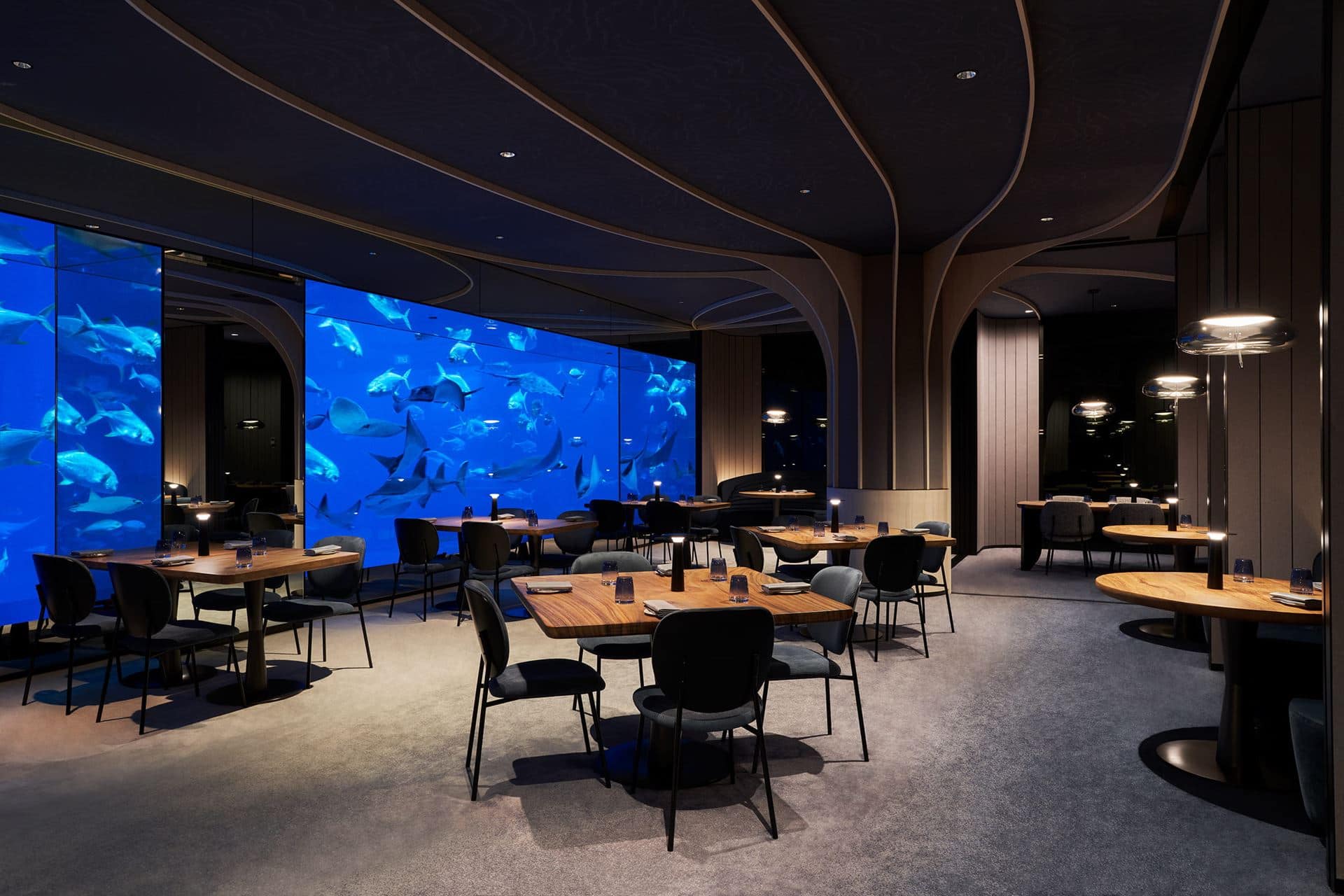
When people think about sustainable dining, many would think about the food on the plate – whether it’s been responsibly sourced or how much carbon emissions was generated for it to be transported to the restaurant. But sustainable dining can encompass the full experience, from the intentional selection and incorporation of recycled materials throughout the restaurant's design and furnishings, to the sourcing of its ingredients from responsible and sustainable fisheries.
Local Sourcing
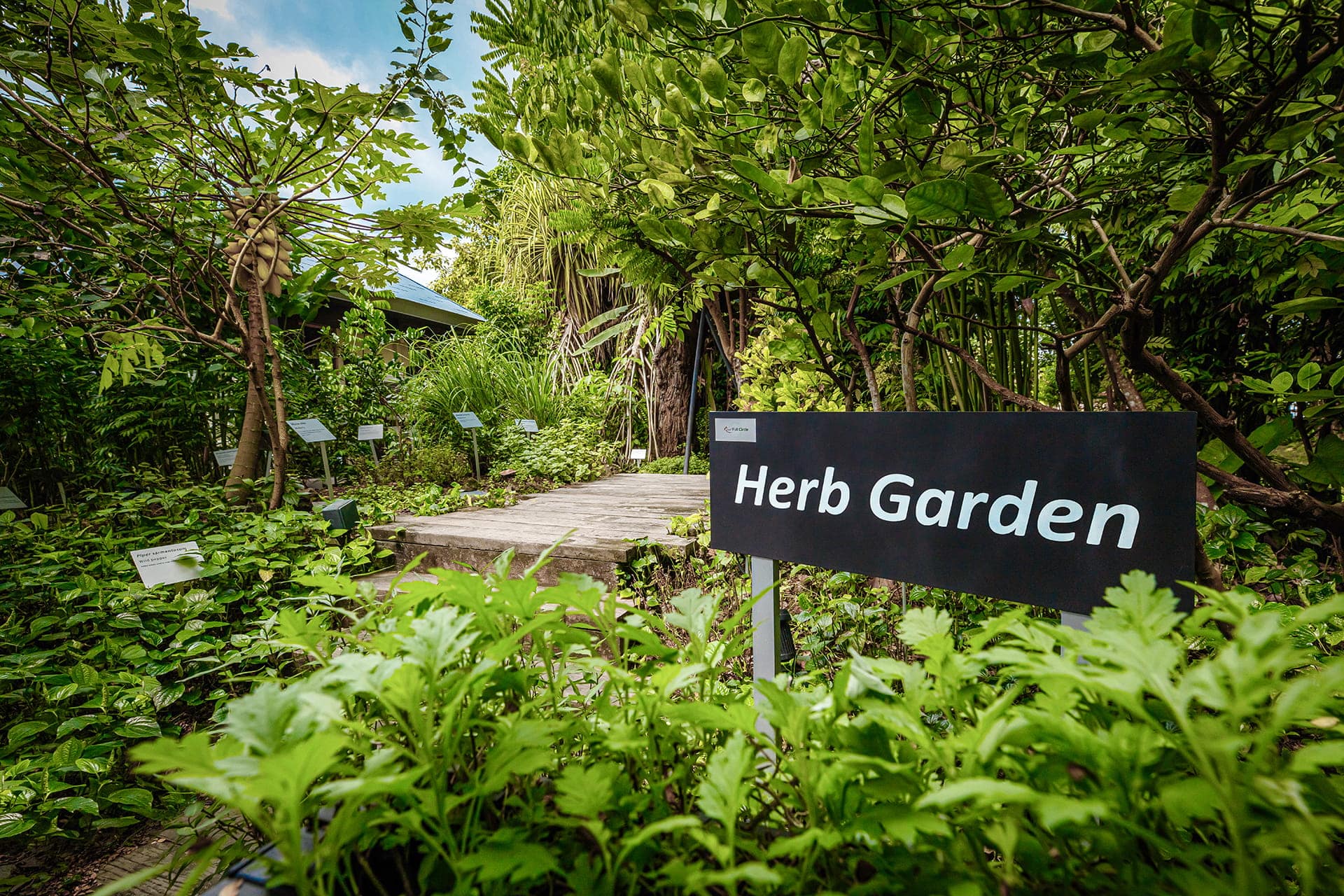
Nearly 90% of our expenditure are on homegrown suppliers and businesses, which makes our business more resilient to supply chain disruptions while supporting our own local economies. We adopt a local-first approach, promoting a diverse and inclusive list of local suppliers for all our business units to consider.